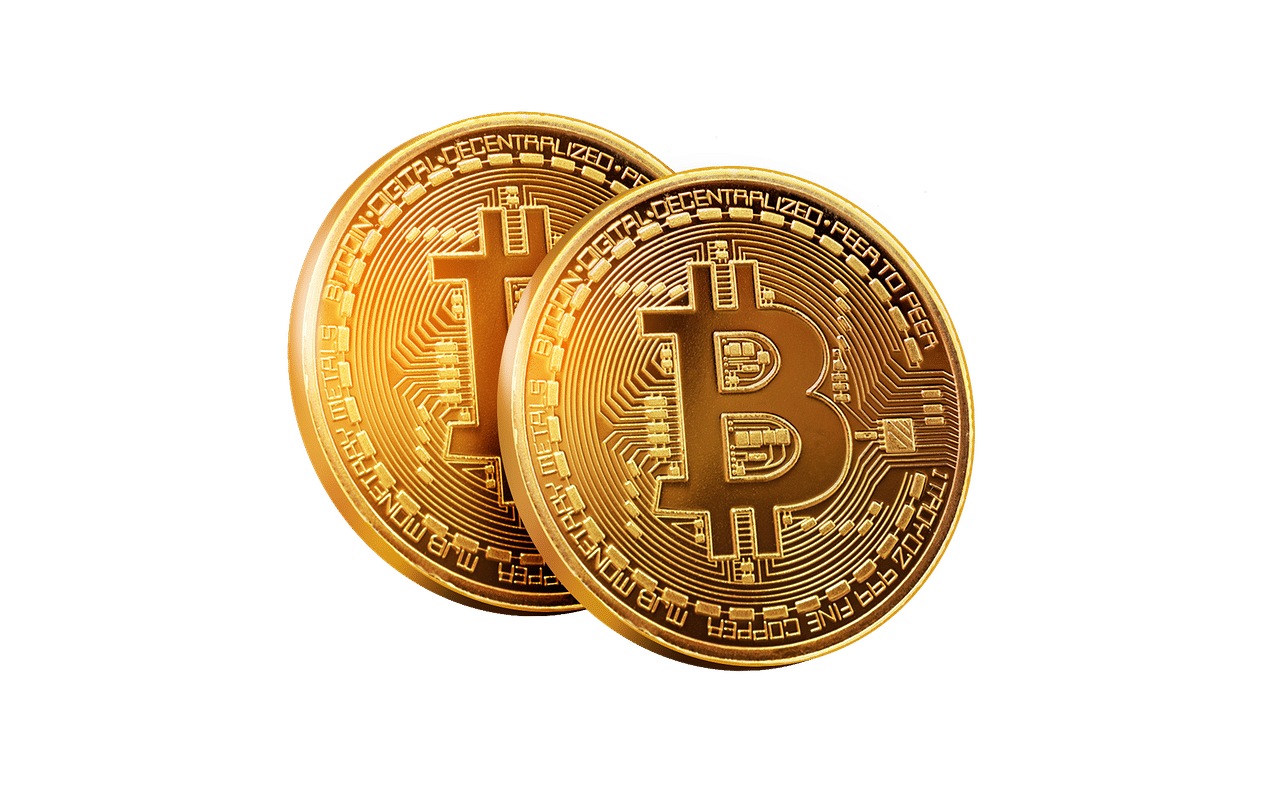Digital currency is having a substantial impact on the global economy, altering how we understand money, payments and financial services as well as opening up new opportunities for businesses and individuals alike.
Here are a few key ways in which digital currency is altering the economy:
Financial Inclusion: Digital currency has made financial services more available worldwide, particularly to people in developing nations or unbanked populations. This has proven especially advantageous.
Cross-border Payments: Digital currency has made cross-border payments faster and cheaper. Providing significant savings to both businesses and individuals sending or receiving money across borders.
Trade and Investment: With digital currency making trade and investment easier and more cost-efficient. It is helping spur economic growth while creating jobs.
Economic Growth: Digital currency is contributing to economic expansion by making it simpler for businesses. And people alike to operate, spend and invest.
Financial Stability: Digital currency poses some risks to financial stability. Central banks and regulators are working hard to address this risk.
Overall, digital currency’s impact on the economy is positive: financial services have become more accessible. Cross-border payments faster and cheaper; trade and investment easier and more effective. Economic growth increased significantly as a result of digital currencies use. It is nonetheless wise to be wary of potential threats to financial stability when using digital currencies
Here are a few specific examples of how digital currency is changing the economy:**
Remittances:
Digital currency has become an easier and cheaper way for people to send funds home, helping to alleviate poverty and promote economic growth in developing nations.
Microfinance:
Digital currency has enabled microfinance institutions to extend loans and financial services to people who otherwise wouldn’t have access, helping promote financial inclusion and alleviate poverty. This technology is thus helping microfinance institutions promote financial inclusion while decreasing poverty levels.
- E-Commerce: Digital currencies have made online shopping simpler for people, leading to increased sales and creating jobs in this space.
Startups: Digi currency has made it easier for startups to raise capital and expand their businesses, helping spur innovation and economic expansion. This has encouraged innovation as well as economic development.
The Future of Digital Currency
It may still be relatively new technology, but its adoption and popularity are quickly growing. As more people embrace this type of payment solution, its impact may become even greater on global economies.
Central banks and regulators worldwide are exploring strategies to create their own digital currencies and issue and regulate them to create a more stable and efficient financial system.
It will likely play an integral role in the growth of both the metaverse and Web3. These emerging technologies are creating unprecedented opportunities for businesses and individuals, and D-currency will help these technologies achieve their full potential.
It is having a dramatic impact on the global economy. It is making financial services more accessible, cross-border payments quicker and cheaper, trade and investment more straightforward and efficient, contributing to economic expansion, as well as providing potential risks that threaten financial stability. However, it is vitally important that one be cognizant of such potential threats.
As digital currency becomes more widespread, its impact will only grow. Central banks and regulators worldwide are exploring how best to issue and regulate their own D-currencies; moreover, D-currency may play a vital role in shaping both metaverses and Web3.




2 Comments